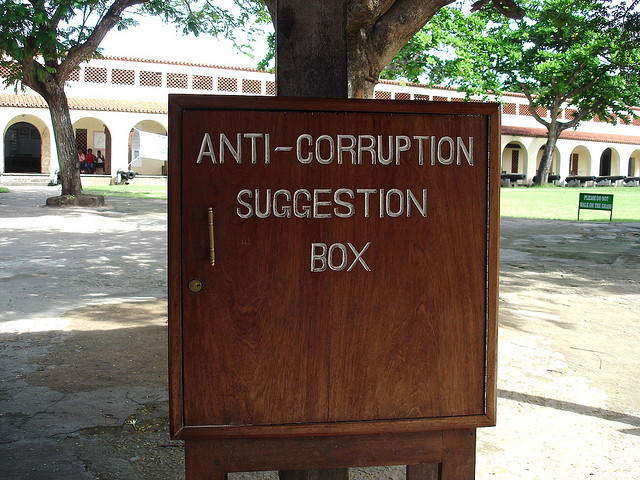Learning from Land Fraud

The United Nations Economic Council for Europe (UNECE) has been concerned with the phenomenon of land fraud in its member countries. With Housing and Land Management as one of its 16 main areas of work, UNECE’s Working Party on Land Administration decided in 2009 to survey the experiences in on-line land-registration and information systems.
The recent Study on the Challenges of Fraud to Land Administration Institutions (2011) aimed to identify good practice in detecting and preventing fraud in land registration systems as they relate to the public electronic availability of land and real estate objects (and related ownership) information. The use of electronic technology to store, process and provide public access to land-registration data is the norm throughout the UNECE region. A questionnaire covered three main areas: accessibility of systems, experience of fraud and countermeasures.
The study did not provide solid statistical evidence to show that fraud in land-registration systems has increased since these online services were introduced. However, fraud and forgery exist wherever commercial activity takes place, and law-enforcement agencies consider easy access can make registration systems vulnerable.
This study dealt with registration fraud, including mortgage fraud and other fraud involving the misuse of land registration or cadastral data. However, the study did not address cases of corruption practiced by land-administration authorities, such as extortion, accepting bribes, or falsifying records, thefts of cash, assets or intellectual property, or false accounting.
In most UNECE jurisdictions, no restrictions impede anyone to apply for land information. Typically, the right of access to land data is enshrined in law. In Greece, for example, the right of access is specified in the Civil Code. In Sweden, the public have a constitutional right to inspect the land registers.
Most officials polled in the survey indicated that land-registration fraud was not a problem in their countries. However, only 28% of the authorities surveyed mentioned that they take measures to identify fraudulent registrations. Therefore, it was not possible to determine trends in most countries.
Following this recent study, the UNECE Working Party on Land Administration will organize two related events in 2012. On 11–13 October, UNECE and partners have programmed a technical conference to convene in London on “How can land registration authorities support recovery in the global property market and wider economy?” A subsequent conference, in Athens, on 10–14 December, will focus on the “unregistered” land holdings. The later meeting will take place under the theme “Informal Development, Property and Housing: Legalization and Progress.”
Beyond the UNECE countries, some two thirds of the world maintains bad land titling practices, whereby the title is neither related to maps or registries, nor is it linked to financial institutions or backed by law. Such conditions often are not sustainable over time, and typically lead to disputes and housing and land rights violations. Recording land titles is not only a matter of registering, but also about linking information and harmonizing legal systems with human rights and equity in land access.
|